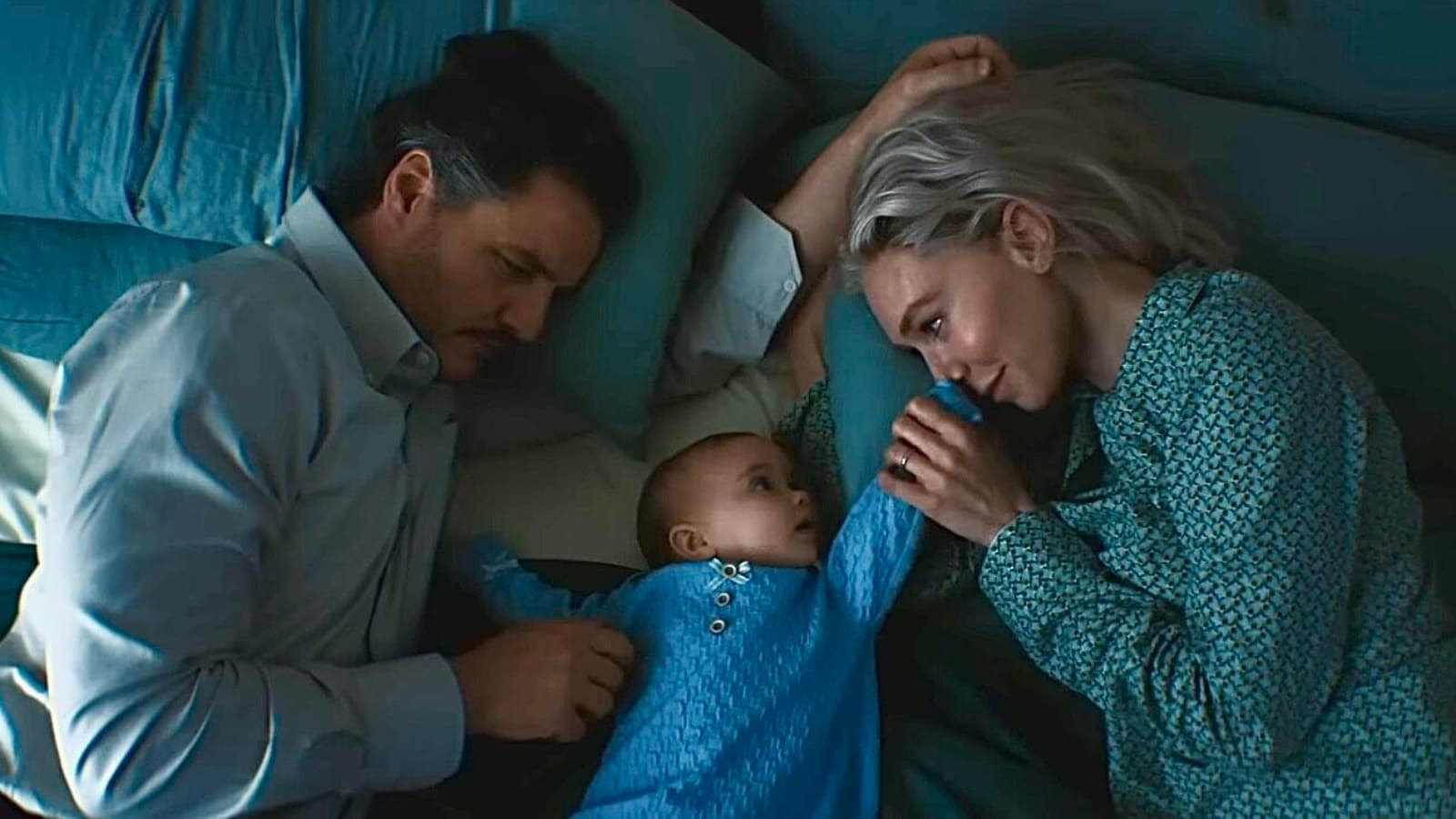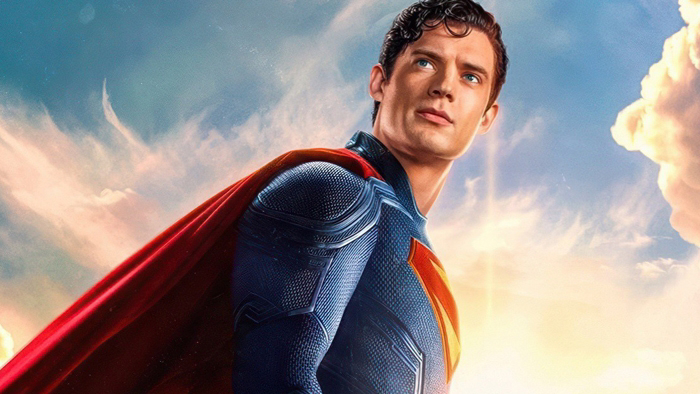'Fantastic Four: First Steps' review: Family, powers, and cosmic battles in Marvel's latest
Marvel’s The Fantastic Four: First Steps reintroduces the original superhero family through a bold, emotionally grounded origin tale set in a stylized 1960s New York. The film follows four ordinary individuals—Reed Richards, Sue Storm, Johnny Storm, and Ben Grimm—whose lives are forever changed after a cosmic accident grants them extraordinary powers. Rather than leaning on multiverse entanglements or franchise cameos, the narrative centers on their transformation into both heroes and a family, balancing high-stakes cosmic drama with intimate, character-driven portrayal.
20th Century Studios/Marvel Studios.
The plot begins with Reed Richards (Pedro Pascal), a visionary scientist, who launches a space expedition to study a cosmic anomaly. His wife, biophysicist Sue Storm (Vanessa Kirby), joins the mission along with her brother Johnny (Joseph Quinn), an impulsive young pilot, and their loyal friend Ben Grimm (Ebon Moss-Bachrach), the mission’s engineer and co-pilot.
Their journey takes a catastrophic turn when a cosmic storm engulfs their spacecraft, exposing them to radiation that rewrites their DNA. Upon returning to Earth, each begins to manifest powers that reflect their inner nature. Reed becomes elastic and can contort his body to impossible lengths. Sue gains the ability to become invisible and generate forcefields. Johnny, dubbed the Human Torch, can ignite at will and fly. Ben, tragically, transforms into a hulking rock-like figure, his strength immense but his human appearance lost.
Back on Earth, the newly formed team struggles to adjust. Their accidental fame arrives swiftly after they thwart an attack by the Mole Man (Paul Walter Hauser) on the Pan Am Building. Newsreel footage frames them as global heroes, yet they remain, above all, a makeshift family wrestling with personal change.
Ben’s transformation brings emotional weight. His rocky form isolates him from ordinary life, and his tentative romance with Rachel (Natasha Lyonne), a schoolteacher from his past, adds dimension to his internal conflict. His sadness is never overplayed, but Moss-Bachrach’s performance reveals the ache beneath the surface.
Reed, though brilliant, finds it difficult to express vulnerability, a flaw that affects his relationship with Sue. As the narrative unfolds, Sue becomes the emotional anchor of the group. Her discovery that she is pregnant adds unexpected stakes to the team’s dynamic, giving their cosmic battles a deeply personal dimension.
The central conflict ignites with the sudden arrival of the Silver Surfer (Julia Garner), a mysterious alien who warns humanity of its impending doom. She speaks for Galactus, a towering cosmic entity known as the Devourer of Worlds. Her icy demeanor, wrapped in chrome and cruelty, masks a tragic backstory that emerges slowly through her reluctant connection with Johnny.
Galactus looms large in the final act, not as a swirling energy cloud but as a massive, metallic titan assembled from rusted iron, bolts, and cosmic decay. His demand is chilling: he offers to spare Earth in exchange for the unborn child Sue carries. The baby, Galactus claims, holds the power to release him from his eternal hunger and rule in his place.
Faced with an impossible moral dilemma, the Fantastic Four chooses defiance. Reed’s attempts to reason with Galactus fail, forcing the team to launch a desperate mission back into space. Sue, nearing labor, insists on joining them. As their spacecraft races toward Earth in a daring escape, she gives birth mid-flight in zero gravity—a moment both visually arresting and symbolically profound.
Galactus’ descent upon Manhattan is cinematic in scope. He emerges from the sky, crashing into the East River and marching through the Lower East Side in a storm of thunder and chaos. The team’s final stand unfolds not just as a battle of power, but as a defense of their belief that family and free will cannot be sacrificed to fate.
The climax delivers intensity without sacrificing character. Sue delivers a powerful address to a frightened and disillusioned public, reaffirming the human values that bind them. Her words come after the public briefly turns on them for refusing Galactus’ offer. Pascal’s Reed shares a tender moment with her near the film’s end, their connection reaffirmed after surviving both cosmic peril and parental fear.
The final scenes offer a bittersweet resolution. Galactus is thwarted—if only temporarily—and Earth is saved. The Silver Surfer, having rediscovered compassion, vanishes into the stars. Their son, Franklin, appears to be an ordinary child by scientific metrics, yet his future remains shrouded in uncertainty.
In a mid-credits sequence, a teaser promises that The Fantastic Four will return in Avengers: Doomsday, signaling their integration into Marvel’s larger narrative. But within First Steps, the focus remains tightly drawn on a single truth: these heroes are most powerful not because of what they can do, but because of what they mean to one another.









